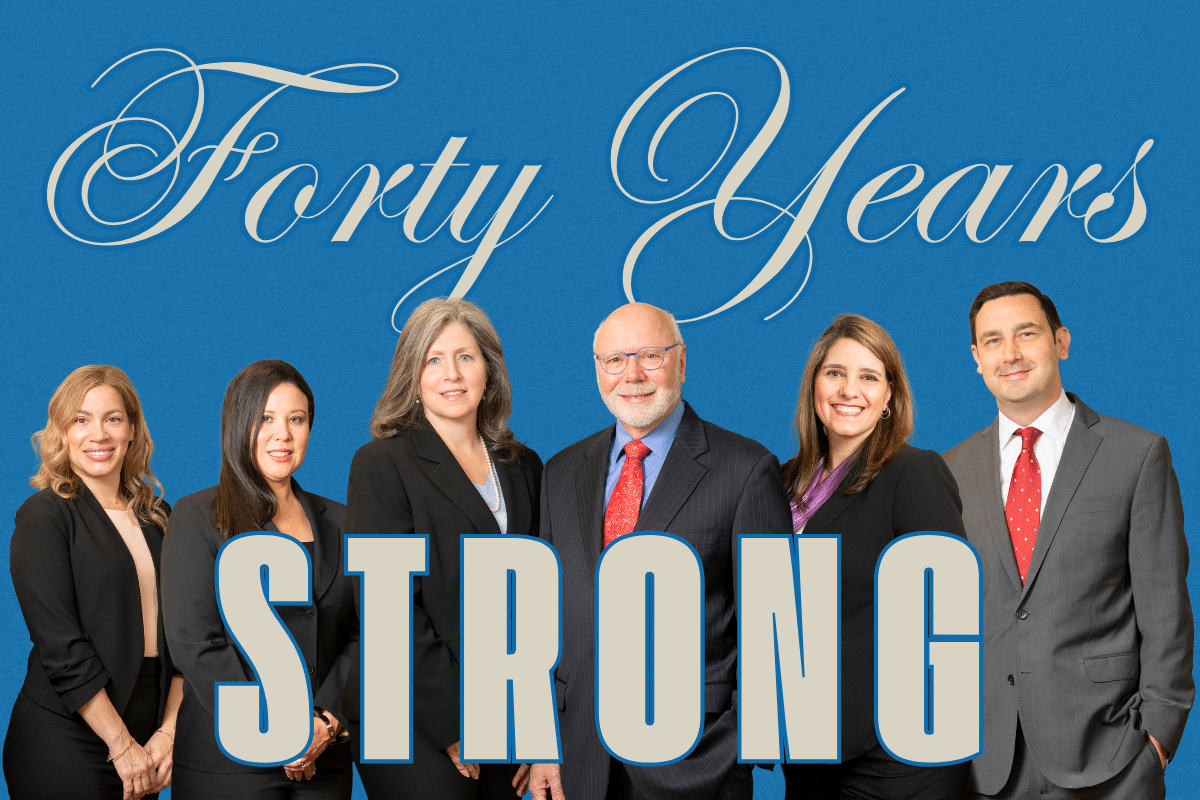On October 1st, 2025, Russo Law Group will mark a significant milestone: 40 years of…

The American Health Care Association’s (AHCA) 2024 State of the Sector Report highlights the impact of the nursing shortage on long-term care facilities. A staggering 99 percent of nursing homes have open jobs, and 89 percent have open listings for registered nurse (RN) positions. 72 percent report lower workforce levels than before the pandemic.
In April 2024, the Centers for Medicare & Medicaid Services (CMS) issued a new rule seeking to combat understaffing. The regulation, known as the Minimum Staffing Standards for Long-Term Care (LTC) Facilities and Medicaid Institutional Payment Transparency Reporting rule, sets the standards for how much time nurses must spend caring for long-term care residents. The rule applies to Medicare- and Medicaid-certified long-term care facilities. It follows the CMS’ 2023 announcement that it plans to invest millions of dollars in financial incentives for people to become nurses who work in nursing homes.
Minimum Staffing Requirements
Under the new regulation, long-term care facilities must provide at least 3.48 hours of nursing care per resident per day. This includes at least 0.55 hours of direct registered nurse (RN) care and 2.45 hours of direct nurse aide care per resident per day. For the remaining hours, nursing homes may use any combination of nursing staff, such as RNs, licensed practical nurses (LPNs), and licensed vocational nurses (LVNs). When residents require more than this base level of care, the CMS expects facilities to meet these needs.
Additional Changes
The CMS finalized additional requirements aimed at protecting long-term care residents. One provision requires an RN to be on site at all times. (Previously, long-term care facilities had to have an RN on site for eight consecutive hours every day.) The intent is to help increase resident safety, especially when regular staff are less available, such as evenings, nights, weekends, and holidays.
The CMS is also strengthening the facility assessment requirement. This means that facilities must evaluate, on an ongoing basis, what resources are essential to addressing the specific needs of their residents. Assessments must incorporate input from nursing home leadership and plans to maximize staff recruitment and retention.
Implementation
Recognizing that it may take some time for nursing homes to reach compliance with the new staffing requirements, CMS is implementing the rule gradually through a staggered approach across two to five years.
- Currently, all Medicare and Medicaid long-term care facilities must meet the assessment requirements.
- Facilities must provide 3.48 hours of daily nursing care and the round-the-clock RN requirement within two years. (Long-term care facilities in rural areas will have three years to comply.)
- Facilities have three years to meet the 0.55 RN and 2.45 hours of direct nurse aide care requirements. (Those in rural locations will have five years.)
Facilities that fail to comply with the new federal regulations could face monetary penalties, have their residents transferred elsewhere, lose payment for Medicare and Medicaid services, or other consequences.
If you would like to speak with an experienced elder law attorney regarding your situation or have questions about something you have read, please do not hesitate to contact our office at 1 (800) 680-1717. We look forward to the opportunity to work with you.
Disclaimer: The information provided above is for general informational purposes only and is not legal advice.




Comments (0)